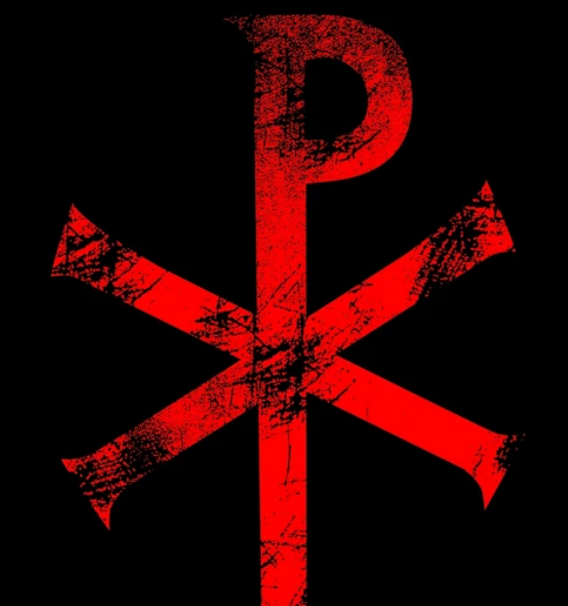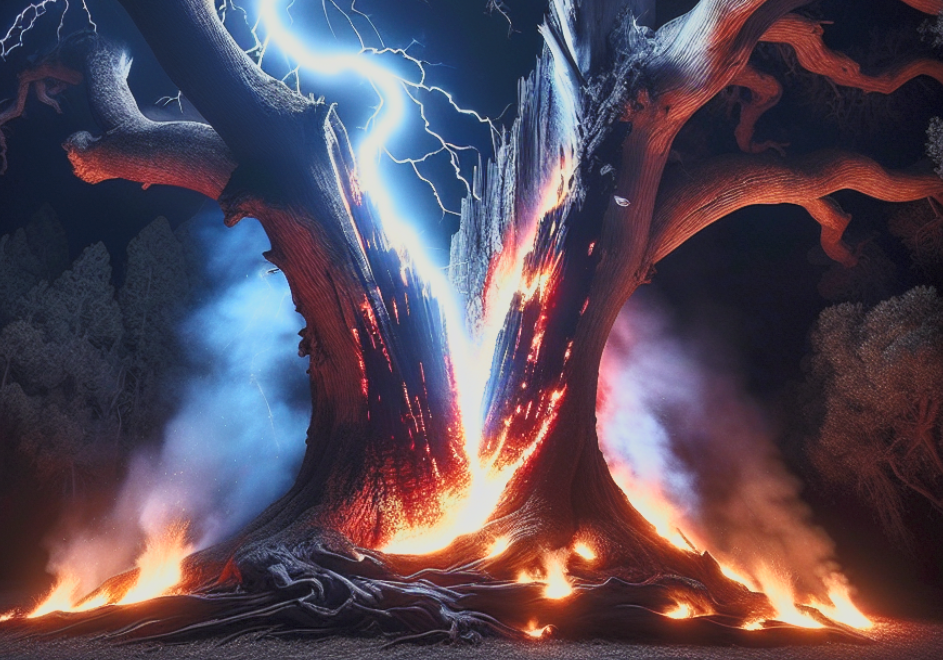Prometheus stole fire from the gods. Bold move. But let’s cut through myth and poetry for a second—what the hell is fire at its most intimate level?
Ask someone on the street, they’ll mumble: “Hot. Bright. Burns my fingers.” True, but shallow. Fire is rapid oxidation—chemistry in overdrive.
Think of it this way: fire is rust, but fast. Rust is oxygen and metal slowly hooking up; fire is oxygen and fuel going at it in a chemical sprint. The fuel breaks down, bonds rip apart, new molecules form, and the excess energy bursts out as heat and light. That’s the flame we see: matter rearranging itself at furious speed.
And those colors? They’re a temperature map. A candle’s lazy red-orange glow is cooler combustion. A blowtorch’s white-blue glare is scorching, atoms vibrating at higher energy levels, spitting out shorter-wavelength light. Even dynamite has its own palette.
Prometheus could’ve just waited for a lightning bolt to drop a forest fire in his lap, sifted through the embers, and called it a day. No divine burglary required.
And lightning itself? Just a massive electrical discharge—like the static snap from your sweater, scaled up until it cracks trees and shakes the sky. The air superheats, molecules tear apart, and boom: thunder is just the shockwave of exploding atmosphere.
So here’s your riddle: if a tree burns because lightning caused its rapid oxidation—does it make a sound? Absolutely. It makes thunder, too.
Moral of the story: Fire is rust, impatient. And we’ve been worshipping it, stealing it, and nearly burning the world down with it ever since.

